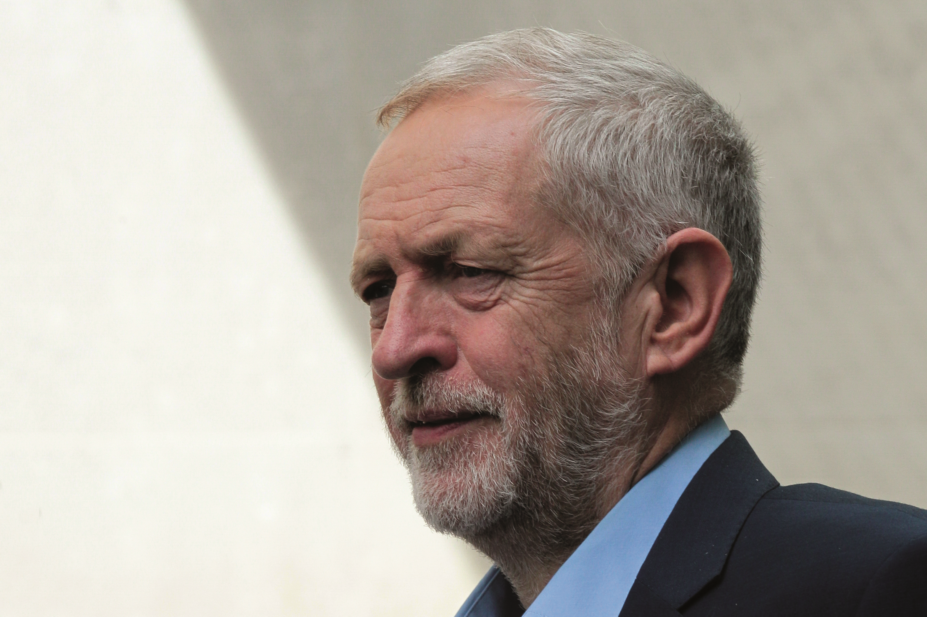
Shutterstock.com
Labour won the general election in June! At least, you could be forgiven for believing that listening to the speakers at their party conference in Brighton.
A triumphant tone. Standing ovations. Activists heralding the end of capitalism as we know it. Buoyed by what was universally seen as election “success”, the grassroots group Momentum held an entire conference in parallel — bigger than last year, in nine venues across the city, with people queuing around the corner to get in.
In terms of policies, NHS leaders might have welcomed shadow health secretary Jon Ashworth’s promise of extra funding, but would have been less convinced by him reconfirming his party’s election pledge to repeal the Health and Social Care Act. This was reinforced when the conference passed a motion tabled by the Socialist Health Alliance, which also accused the NHS Five Year Forward View of promoting privatisation and reflecting “healthcare multinationals’ global policy aims”. It opposed Accountable Care Systems, opposed sustainability and transformation plans (STPs) and called on Labour to “defend the NHS”.
Ashworth later seemed to play down comments from the shadow chancellor, at the time received with applause from conference delegates, that private finance initiative (PFI) deals in the NHS could be brought “in house”. The shadow health secretary would clarify the position by adding that “NHS experts generally accept that it’s only a handful which are causing hospital trusts across the country a significant problem” and accepted that they “could take some time” to unpick.
Away from the main conference auditorium, a fringe event hosted by the National Pharmacy Association heard from James Noyes of the think tank ResPublica, who gave a preview of a forthcoming report into the social benefits of community pharmacy. He underlined the view that policymakers were yet to make the most of what community pharmacy had to offer — a view shared by the new pharmacy minister at the RPS Annual Conference earlier in September — but also argued that communicating a standard ‘offer’ from pharmacies around the country would improve access to patient care.
Julie Cooper, shadow health minister and Labour MP for Burnley, also spoke at a fringe meeting organised by the Royal College of GPs, where she called for the roll-out of a national Minor Ailments Scheme. While the session’s speakers all recognised the funding pressures facing the NHS, the Q&A session saw a number of audience members raise questions about the rationing of treatment, including on the potential of increasing health inequalities where clinicians were under pressure not to prescribe due to cost. The RCGP said it would be providing a “robust” response to an NHS England consultation on prescribing certain items.
While most think tanks might wonder how Labour would realistically implement its health policies, you can nonetheless expect it to keep up the pressure on the Conservatives more broadly in the coming months. Without a majority in parliament, the government has been forced to start conceding non-binding votes, such as when the Democratic Unionist Party supported a Labour motion on NHS pay. With Brexit taking up most of the headlines, the government will need to pick its battles and try to manage any other issues that might further split its powerbase. The jury is out on whether we might see another general election before Christmas, but with Corbyn’s supporters out in force in Brighton, can he keep the momentum going?
You may also be interested in
The importance of diverse clinical imagery within health education

Government should consider ways to prevent ‘inappropriate overseas prescribing’ of hormone drugs, review recommends
